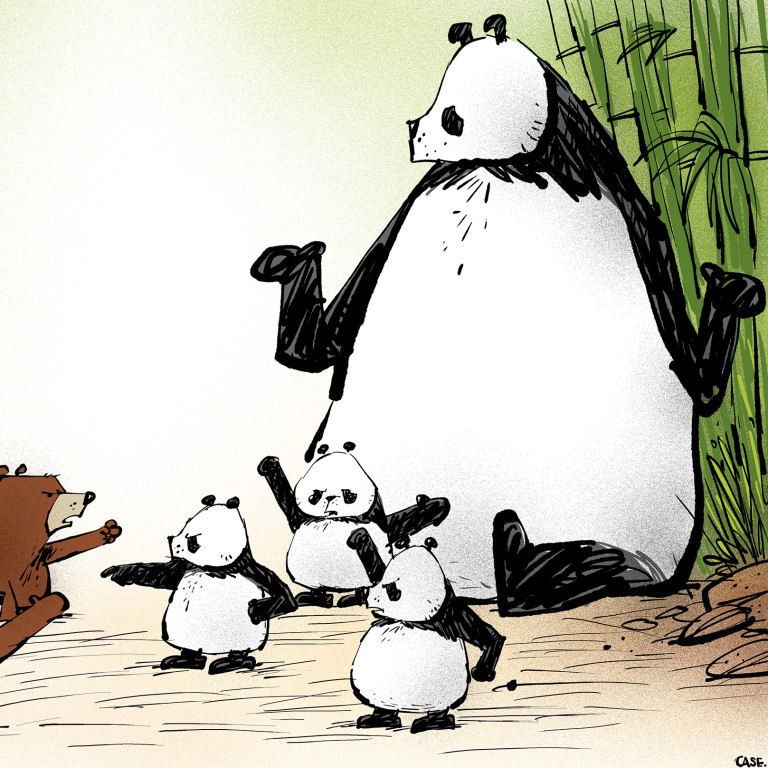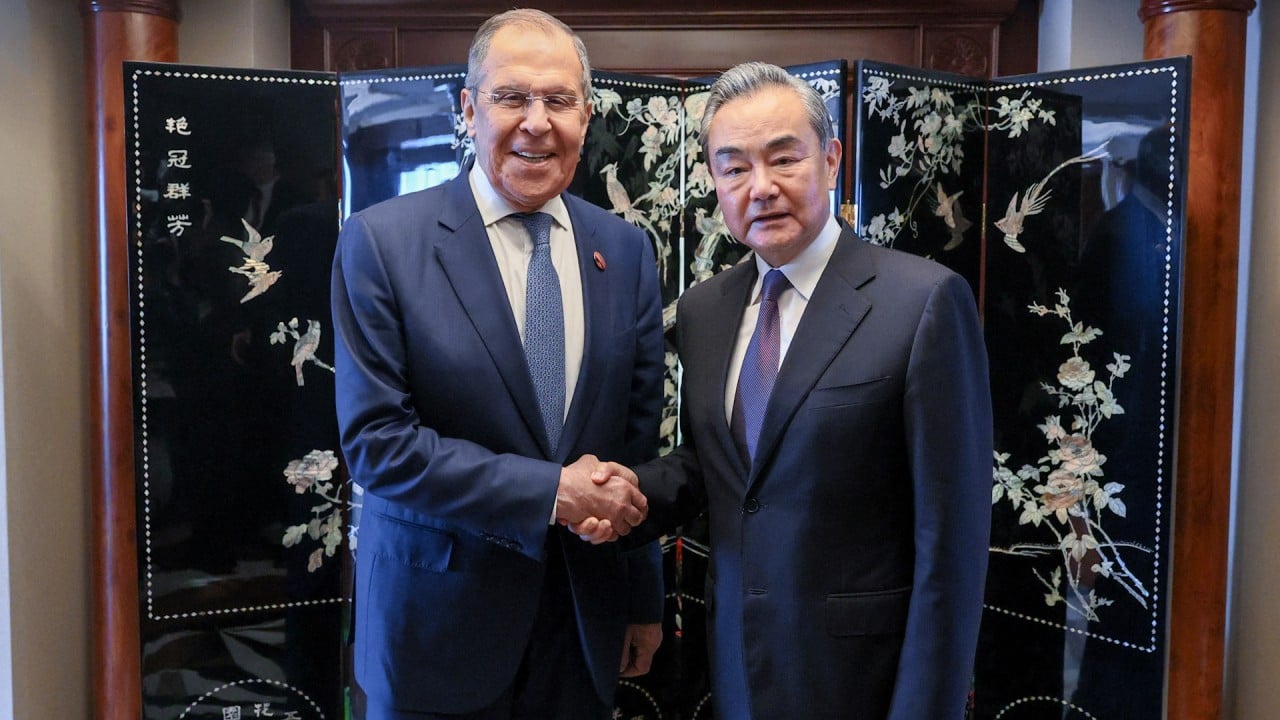
China-Russia relations are strong enough to withstand the occasional spat
- The Chinese embassy’s protest against the treatment of a Chinese influencer at the Russian border is not a sign of a crack in relations. Neither is China’s participation at the Saudi-sponsored peace summit on Ukraine
- Beijing’s and Moscow’s shared interests in geopolitics outweigh any minor disagreements
In part, the problem in this case lies in the medium. The fact that the story about a group of Chinese being detained trying to cross the border from Kazakhstan into Russia was captured on video, included a prominent video blogger, and was widely shared on Chinese social media, suggests some level of tacit approval by government censors.
The fact that the Chinese embassy in Moscow chose to weigh in as well only adds to this sentiment. Consequently, the conclusion is that President Xi Jinping must have a view on this matter, which equates to a rebuke of Russia.
This interpretation fails in a number of ways. First, it assumes a level of conformity in the Chinese system which does not exist. There is no doubt that there is only one decider within Beijing, but underneath him there is a warren of institutions with their own motivations and internal pressures.
This does not mean they will contradict the centre (though sometimes they seem to), but there have also been moments when internal directives or goals have come into conflict.

Zhongnanhai is not unaware of this sentiment. But being aware of it, and letting off a bit of steam online, is not evidence of a rebuke of Russian President Vladimir Putin.
Allowing Chinese social media and an outpost of the Ministry of Foreign Affairs to mouth off about choices made by some random border guards along Russia’s lengthy border with Kazakhstan is hardly going to derail Xi’s central messaging about China’s relationship with Russia.
The fact that one of the Chinese citizens involved has almost a million followers online is doubtless also relevant. It is a painless acknowledgement of public opinion, which changes nothing in material terms.
In other words, there is little evidence to take away from these incidents that China and Russia are drifting apart. The China-Russia relationship is driven by geopolitical realities and shaped by a blend of tension and overriding strategic alignment. This balancing act should be familiar to other powers who also have to work with leaders that are both close allies while at the same time publicly seen as figures of opprobrium.
For example, many in Europe were (and are) horrified by former US president Donald Trump, yet the transatlantic alliance held strong – as evidenced by the unified response to the subsequent invasion of Ukraine.
Can Ukraine rely on the West to supply the arms in a war of attrition?
There is no doubt that Moscow and Beijing are in lockstep at a geostrategic level – in many ways similar to what we see in the West, where partners are constantly reaffirming their determination to support Ukraine and confront authoritarians.
But we are not in the binary communist-versus-capitalist world of the Cold War. We are, instead, in a confusing world of middle powers where clean lines do not exist. Cross-border trade and investment continues, and confusing strategic triangles abound everywhere.
Raffaello Pantucci is a senior associate fellow at the Royal United Services Institute (RUSI) in London and a senior fellow at the S. Rajaratnam School of International Studies (RSIS) in Singapore


